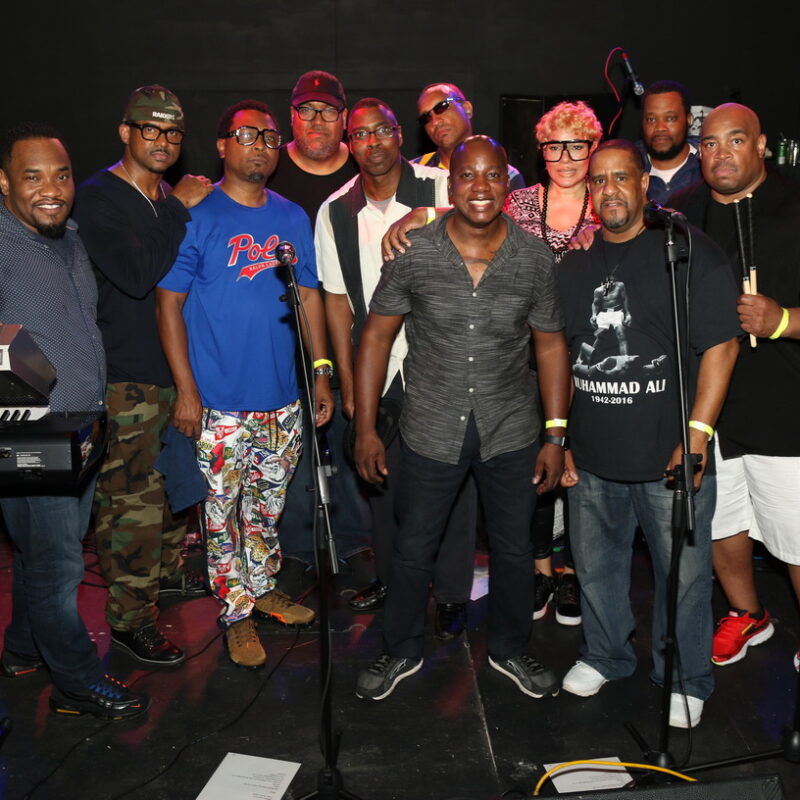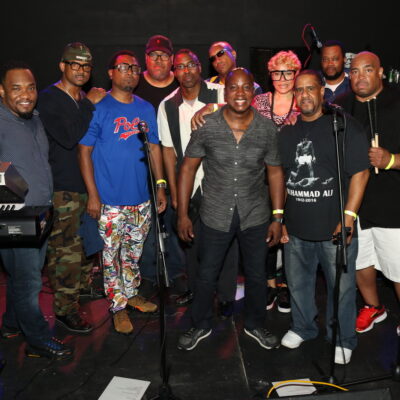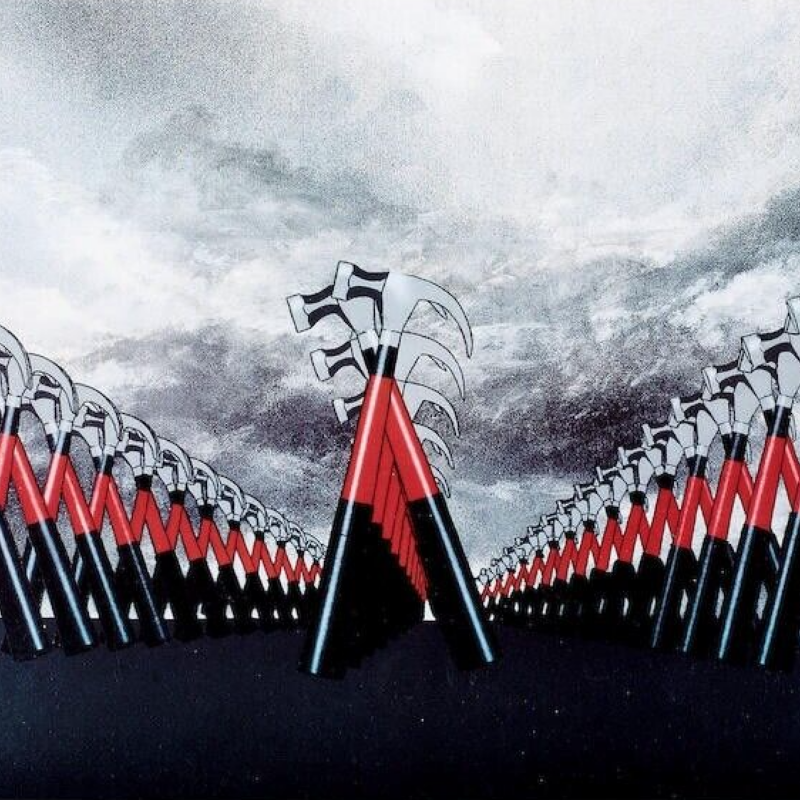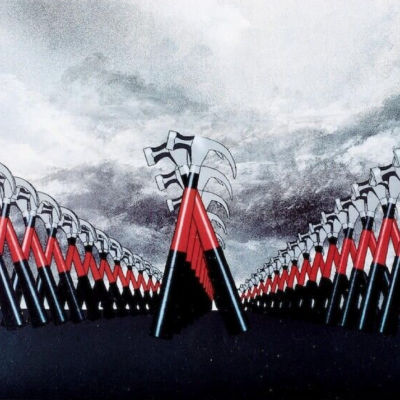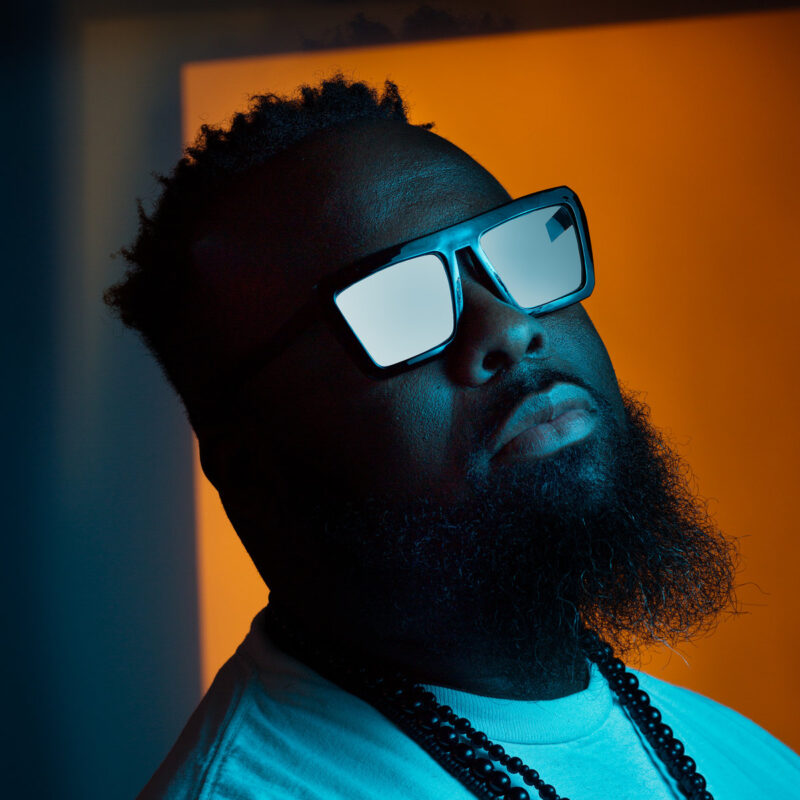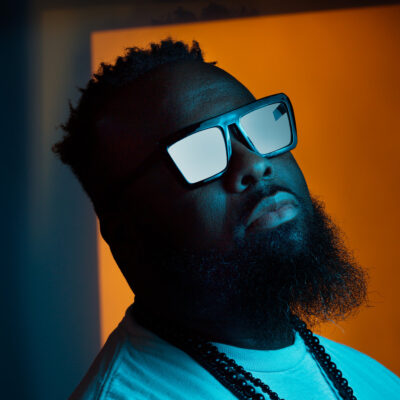/sneak-reviews.jpg)
Sneak Reviews has been a treasure trove for local film fans for almost 20 years. (Photo by John Robinson)
Merriam-Webster defines power as “possession of control, authority, or influence over others.” Some kinds, like political or economic, are easy to measure, even if that power is elusive and can shift unpredictably. The recent and ongoing events surrounding UVA’s Teresa Sullivan have us all considering the nature of power in academia, and how it can be affected by political and economic power, and what happens when it is measured against the power of public opinion.
The power of art is altogether different; it has the ability to engage us, both emotionally and intellectually, in a way that is fundamentally unique. Merriam-Webster’s primary definition of power, after all, is “the ability to produce an effect.” And while it would be easy to determine the most powerful people in the Charlottesville arts community by measuring the movers and shakers who draw the biggest crowds, rake in the largest grosses, or have the most significant stake in the ownership of local art, it’s a mistake to use the same yardstick that we would apply to other fields. That type of evaluation is easy, but it sidesteps the true power of art: its ability to affect our hearts and minds in a unique and personal way.
Thousands of people can share an experience at a stadium concert, but it’s just as easy for one person to have the course of his life changed by a house show in someone’s basement. And conversely, one of the most important things about art is that in can give power to people who otherwise have little. Resources and access can be expensive, but artistic inspiration and expression is free. Art can provide an outlet for subjective personal views to be expressed, but the reception of that art is often personal and subjective as well.
With that in mind, C-VILLE’s power issue seemed like the appropriate time to pay my respects to the Charlottesville institutions that have provided the most powerful experiences for me personally over the years.
The Virginia Film Festival is an annual reminder of the power of watching a great film with a lively audience. In the ’90s, Roger Ebert’s weekend-long film-watching workshops gave me a film school education when I was still in middle school (and often skipping school to attend them). Years later, the festival provided my first real job after college, providing several lessons in the power of professional responsibility, as well as an opportunity to meet some of my favorite underground filmmakers. Being behind the scenes of the festival was a lesson in the power of celebrity, as our ticket sales were rarely higher than when a famous name came to town.
When Mark Tramontin opened Sneak Reviews video store in 1993, during the peak of the early ’90s art house boom, few could have predicted that the store would outlast both the Hollywood and Blockbuster movie rental chains, proving that a treasure trove of independent, mainstream, and foreign films is a powerful thing. Even in the age of Netflix, I still value the experience of browsing its crowded shelves, seeking the unexpected reminder that a French New Wave classic is sometimes paired best with a lowbrow kung fu flick about vampires.
Similarly, several local record shops are still thriving even as many listeners convert to digital. Sidetracks caters sensibly and dependably to Charlottesville’s sizeable folk and jazz crowds, while relative newcomer Melody Supreme, manned single-handedly by talkative Frenchman Gwen Berthy, carries a world-class selection of vintage punk and new-wave, as well as freshly-pressed indie rock. For those who prefer to dig for their treasure, the vintage store Low has an impressive vinyl selection of treasures and oddities. And though most of its locations around the state have closed, Plan 9’s Albemarle County outlet receives weekly batches of quality used LPs from the Richmond mothership. For many listeners, the power of a record as a physical object still has cultural and monetary value.
WTJU serves as a daily reminder that there is an inexhaustible supply of wonderful and interesting music in the world. Inspired by DJs like Radio Wowsville’s Don Harrison and Jordan Taylor of Radio Freedonia, I eventually volunteered at the station myself. Participating in the 2010 protests against the station’s short-lived and unpopular new general manager, and serving on the committee that selected his replacement in 2011 was a significant lesson in the power of the community, especially at a volunteer-run community radio station owned by a public university. It’s an experience that keeps coming to mind now, as UVA deals with a much more significant unpopular managerial decision.
I haven’t even mentioned any of Charlottesville’s fantastic musicians or music venues, our healthy theatrical community, our many galleries and visual artists, or our used bookstores. These ruminations are merely the tip of one personal iceberg, a gathering of a few subjective experiences. For every person and place I’ve named here, there are dozens more, and surely more than a few waiting to be discovered. Charlottesville’s arts community is exceptionally strong, and every concert, film screening, poetry reading, or gallery outing is a potentially powerful experience waiting to be had.
